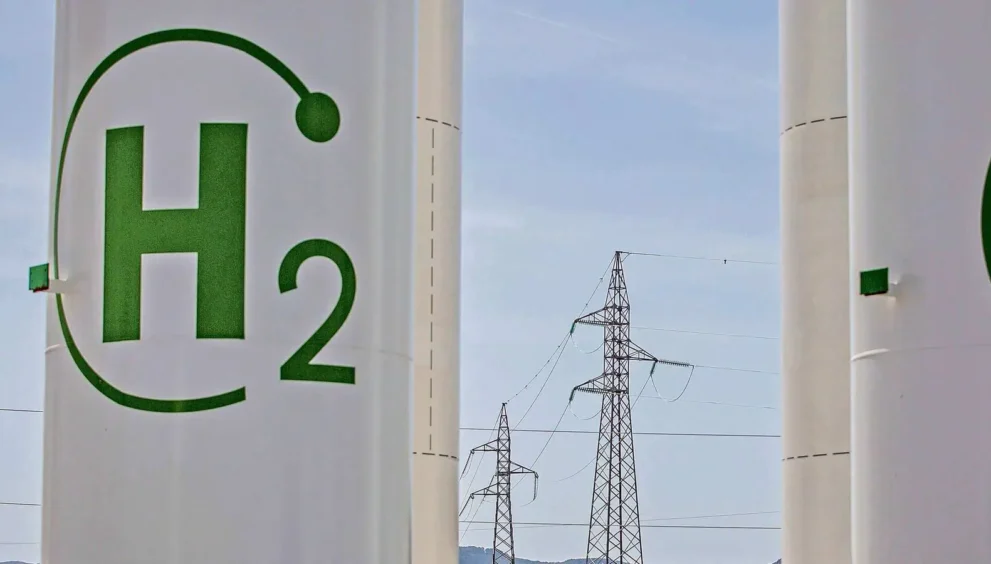SPDA Sounds Alarm On EU Hydrogen Vote: ‘Blue Hydrogen Is A Fossil Workaround’

Global clean energy developers warn against subsidising carbon capture-based hydrogen as ‘low-carbon’
As the European Union nears a critical vote to finalise its definition of ‘low-carbon hydrogen’ under the upcoming Low Carbon Fuels Delegated Act on 19 May, the Sustainable Projects Developers Association (SPDA) has issued a stark warning: misclassifying fossil-derived ‘blue hydrogen’ risks undermining global climate goals and diverting vital public funding.
“This decision will set a precedent for global hydrogen policy,” Shekhar Dutt, Director General of SPDA. “We must not allow fossil-based workarounds to claim space and capital that should go to truly clean energy.”
Blue hydrogen is produced using fossil gas combined with carbon capture and storage (CCS) technologies. While often marketed as a cleaner alternative to grey hydrogen, emerging evidence challenges its climate credentials.
A 2021 study by Cornell and Stanford researchers Robert Howarth and Mark Jacobson concluded that blue hydrogen’s greenhouse gas (GHG) footprint is around 20 per cent higher than burning natural gas or coal for heat.
Further, even minor methane leakage—between 1-3 per cent during gas extraction and transport – can nullify any emissions advantage. Methane is over 80 times more potent than CO₂ over a 20-year period, according to the IPCC’s sixth assessment report.
SPDA noted that carbon capture remains energy-intensive and often relies on additional fossil energy inputs, further eroding its emissions benefit. Long-term carbon storage technologies also lack proven performance at commercial scale.
Though the EU’s updated draft of the Delegated Act, released in April, includes climate thresholds, climate experts and industry leaders insist it still leaves room for loopholes.
SPDA is calling for:
Stricter default emission values for blue hydrogen to reflect its actual climate impact
Exclusion of offsetting mechanisms (e.g., biomethane blends) that mask true emissions
Mandatory independent, site-level verification of emissions performance, rather than industry self-reporting
The EU’s definition of ‘low-carbon hydrogen’ will influence hydrogen standards and funding policies across India, Japan, South Korea, the GCC, and other major energy markets. Without rigorous safeguards, billions in taxpayer-backed investments could support fossil-reliant projects under the guise of clean energy.
“We must champion innovation over inertia,” Dutt said. “Every dollar spent on blue hydrogen is a dollar not spent on building resilient, renewable infrastructure.”
SPDA is urging EU policymakers to commit fully to green hydrogen as the global decarbonisation standard and to direct public funds only to technologies that are scientifically verified, transparent, and aligned with long-term climate goals.
“Let’s not trade climate integrity for convenience,” Dutt added. “This is the moment to lead with clarity, not compromise.”





































































































































































































































































































































































































































































































































































































































































































































































































































































































































































































































































































































































































